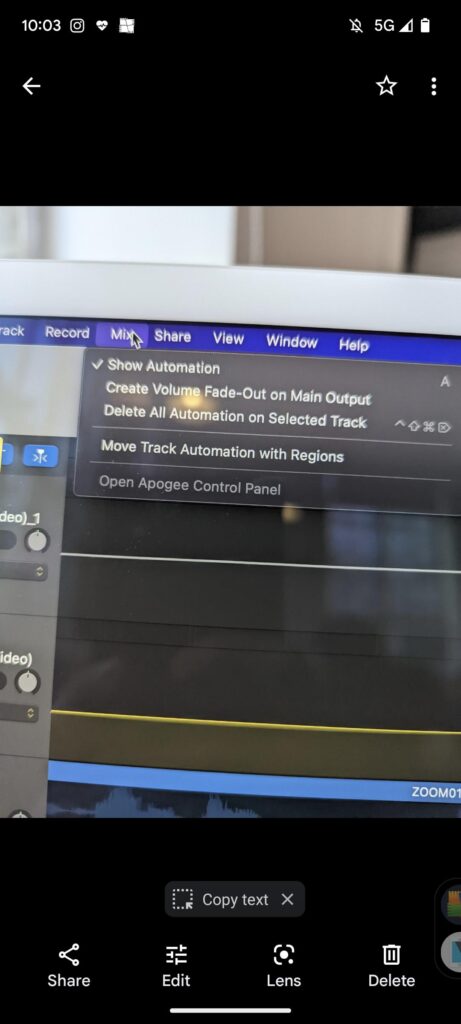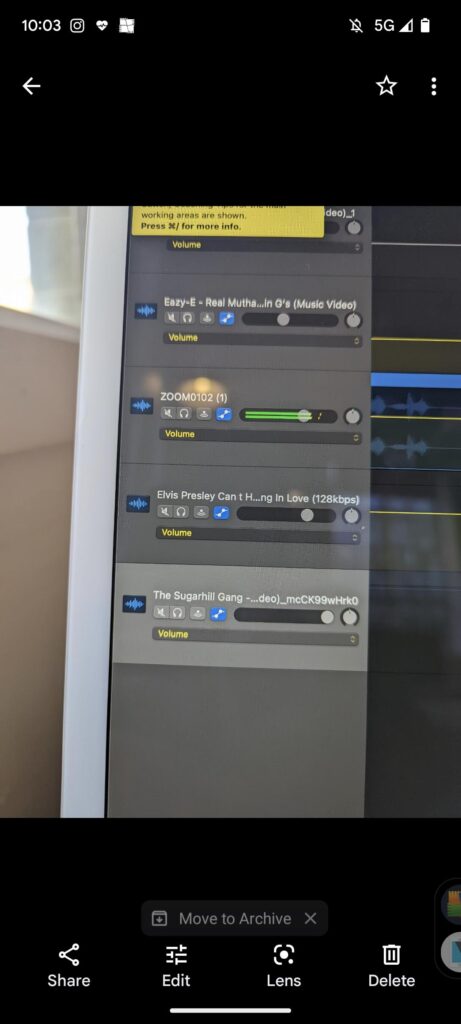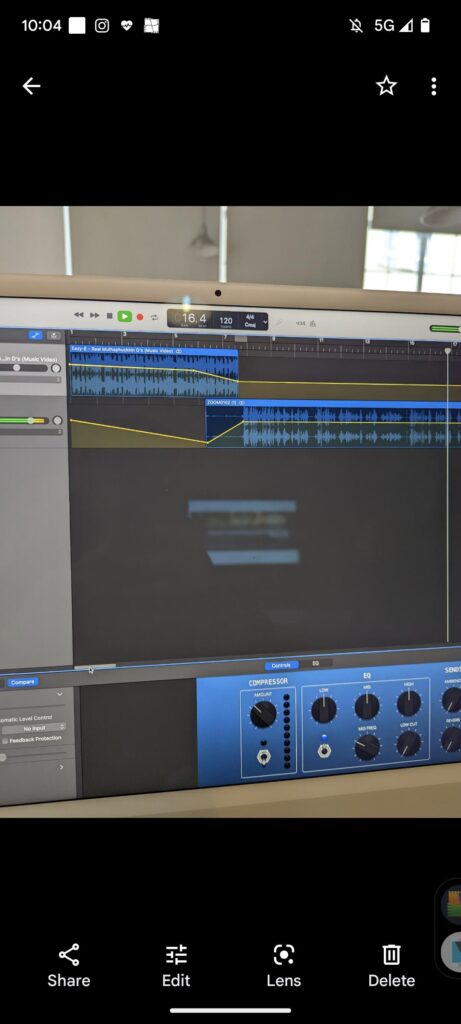Proposal
My idea For a podcast is regarding the topic of The evolution of rap throughout history to the present day. Focusing mainly on the old school forefathers of rap and how they paved the way for the young artists to have a voice in todays era. I’ll be also be addressing the topic subject matter and in rap this means the content thats being addressed e.g. specific topic or issue that the piece of music is about. I’ll be covering how the subject matter has changed over time and what caused the change over the years and how it spread so far and wide from the gritty ghettos of America. My podcast will begin with me addressing the importance of rap as an art form and how it started off as a device in which people used to be heard and feel empowered. Throughout the first 15 minutes or so the podcast will remain a solo one in which I will be narrating the history of rap and its origin. Then after 15 minutes I will bring in a common civilian and turn into an interview type podcast for approximately 5 minutes. The person I am interviewing wont be a person of knowledge about the subject but will be a normal person shedding light on how they feel about new school rap compared to old school and this will spark my next topic regarding the quality difference and the change in subject matter. My podcast has taken inspiration from the Lex Fridman podcast as the content covered in his podcast correlates with the content i want to delve into in my own. The Lex Fridman podcast is a one on one interview format and is a formal conversation between two very knowledge people when it comes to the art of hiphop in which they discuss different rappers and different issues regarding the rap world. Although it is clear to see my podcast differs from maybe the podcast in many aspects such as I want mine to be majority solo commentary there are still elements of the Lex Fridman podcast i was to incorporate, such as its energy, its not to loud and bold or quiet and timid. I also want to mirror its factual nature however not its formal way of being presented. I want to make sure my podcast is informative and that the audience can take away useful information from it, however the way I will deliver the facts will be raw and uncut with swearing if necessary and funny jokes to keep the audience engaged in the conversation. My podcasts format will be an Mp3 format and will be available on youtube as a sound video with clear audio.
here are some microphone type examples
- ..Shure MV7. The best USB option for those taking podcasting seriously.
- Blue Microphones Yeti USB. The best and easiest podcast mic option for any user. …
- Rode Procaster. Specialist vocal mic that’s built for work. …
- Audio-Technica AT2035PK. …
- Rode NT-USB. …
- Sontronics Podcast Pro. …
- Shure SM7B. …
- IK Multimedia iRig Mic HD 2.
When creating a podcast it’s extremely important to have a good solid sound system. This is to ensure the public who tune in to listen to your podcast aren’t put off by low quality or uncomfortable sounds. Depending on the type of the type of podcast you’re creating you may need to invest in the correct sound equipment to match the energy of your podcast. For example if a person was to create a mysterious podcast in which they discuss topics of an eery nature the microphone that would suit them the most would be one that catches every breath and every sound coming out of the persons mouth. And this is to create that closer connection with the listeners and the host. Foe my podcast however, I intend on having a microphone that isn’t focused on the small details but a microphone that can hold loud and energetic conversation. Such as The EV RE20 which is great for broadcast and podcasting. in addition is also nice for acoustic bass, kick drum and floor toms. It has lower output than condensers, which is helpful when recording loud sources. The RE20 rejects background noise well, making it easy to keep your mixes clean. a microphone like this would suit my style of podcast as it can cope with energetic loud sounds and theres) chance of it coming out distorted or unclear.
The NFR logo is something i have taken inspiration from as it doesn’t include many graphics or complicated images. It merely has a sound symbol and the name of the podcast which is something similar to what I have incorporated in my logo. I have chosen to use a very simple image of a hat and sunglasses with the name “hiphop talks” below it. Obvcourse I had to add my own taste and touch to the logo so in the back I incorporated some colourful smoke to finish the full affect.
script
Yo my to all my young Gs to Og’s hope your all well and surviving in this beautiful yet ugly world. Today my peoples i got a treat for you. Today is the day of reminiscing for those who can.
or a day for learning for those who weren’t born in the golden ages. Today I will be covering the topic of Hiphop in its prime and i’ll be dressing its downfall. So lets begin
Hiphop began in the early 70s The elements of Hip Hop came together in the Bronx borough of New York City. It was the early 1970s and times were tougher than usual for the poorer parts of urban America. From a whole lot of nothing—and a whole lot of imagination
It was created in ghettos of New York City by African American and Latino teenagers as part of a hip hop scene….. that also made way for breakdancing and graffiti art. Some of the youngsters found work as DJs in discos where they learned deejaying techniques like how to use two turntables and a DJ mixer to play records non-stop. They’d also deejay at free block parties in their neighbourhoods where they’d play funk and disco tracks non-stop and ask a friend to act as their MC. The MC would introduce the DJ and encourage everyone to dance and have a good time. Some MCs tried to be more entertaining by talking in time to the beat of the music and using rhymes, and by doing this they invented rapping.
Improvisation: Singing was mainstream most popular
Elvis Presley …. i cant help falling in love with youuuuuu
Ethnic minorities didn’t have a voice rapping was something that gave them that. I mean we always saw the lovey dovey kind of love songs you know that were made. But not everyone related to that and through that feeling of not fitting in rap was born. Rap was a voice for people living a life of hardship and struggle which at the time was very different from the shiny costumes and expensive instruments and equipment used to create the famous hits of the decade.
These early pioneers started from nothing to being considered as musical legends and forefathers of a whole genre of music. And i think whats key here is acknowledging the power of individuality and how expressing yourself in a way you see fit can lead to something beautiful as we’ve seen from the greats of hiphop.
1977……Im talking pioneers like Afrika Bambatta like artists no one knows. the true forefathers of this rap game. Afrika Bambatta incorporated a kind of funk vive in there songs. and of course at that time funk music was a well known genre known to people so they kinda bridged it in away. Which obvcoourse brought many more eyes to rap. 1979……i mean also sugar hil gangg sheeeeeesh now these guys were something else, Still jhowever flowing with a kind of funk vibe they got crouds moooving. They were wavy with it they were way with it ahaha (play abit)
Now run dmc 1983……. just to quickly cover their history and greatness because their ain’t no way a guy can be doing a hiphop podcast and not mention run dmc. Like flipping hell when you talk about pioneers you have. to mention them. They brought new school into the scene especially when they dropped the hit song *its like that*. That song took the rap game by storm and introduced a new sound that was new to the listeners. Thus sparking a new wave to the hiphop scene. they were the first ever urban artists to bring hiphop to the mainstream audience and this put rap on a world wide stage and made it loved by many.
Skipping around a decade to the early nineties now we see a drastic cg age when it comes to rap as a art form. the greats that everyone knows seem to show their faces in this era. Im talking rappers like Tupac, Biggie, Eminem, Jay z, big pun, Snoop Dogg. i like to call this the golden era of rap because this is when rap really distinguished itself from other musical genres. Starting of briefly obvcopurse with you know you gotta start with eminem. As a white man who was a lyricql mastermind. found in the dirt and polished up. He my friends was a pivotal point in the history of hiphop as a whole. he brought eyes and controversy to the scene. I mean look at him he was a walking contradiction. A white man who spat better bars then any artist that was around at his time. dr dre who im sure uve all heard of as the biggest producer to ever live found eminem at an underground concert battle rapping another artist in which eminem completely ripped him up to shreds. Dre saw this as an opportunity to bring more eyes than ever before and this my friends was the start of dres vision to leave his mark printed on the face of rap. Dre had an eye for sourcing talent and in 1991 formed death row. musicccccccc
death row sparked gangsta rap and bought through artist like Tupac Shakur and snoop doggy dog. Artists like Tupac were first brought into the lime light . 2Pac’s unapologetic lyrics were relevant, important, and reflective of the hard lives led by many. His music earned attention and respect through a poetic style that embraced street vocabulary while being innovative. Today, 2Pac is still considered by many to be one of the biggest influences on modern hip-hop.He revolutionised mixtapes forever. He was the first person to put mixtape into album format. Lil Wayne can thank 50 cent for making his career much better due to that mixtape format well get onto that guy later. But 50 included a different kind of flow into his songs. made it more commercial and accessible to a wider audience. with songs like its your birthday. (mess around) play sample. or in da club. (mess about play a sample). famous faces like jay z also were present in this era with songs like 4 da fam. (play)
Id say that the 2000ns was the time when rap went commercial and made millions of pounds in revenue. This is where most people who weren’t even hiphop fans were forced to listen. These songs were played in clubs and played on radio for the average public to see.
Now 2010 is when we see the downfall of rap. where mumble rap was made. Stumbling and mumbling over the words. with people like lil baby lil pump and all lils ahahahaha. where the content of rap switched from meaningful to absolutely nonsense. rap became something that nay one from every background good partake in. and although u may see that as something positive it actually took away its authenticity and handed the truthful spirit of hiphop to these idiots. Gucci gang came out and i just remember thinking what happened to rap.
question usman
during the editing process I was learning how to work garage band I was trying to figure out how to ed
logo
my process
Initially I learned how to work the software after a lesson of tom explaining how to operate it effectively.

i learned the process of using ix and show automation to single out the individual audio clips and clip them, fade them, increase the volume and base.

Whilst creating my podcast I left spaces for hit songs to played in small samples so i had to find these specific songs online to fit into my podcast and make sure it flowed correctly. I had to download these songs and import them into my work through a website sm3ha.

I learned how to bend and fade the sound into the original podcast using the show automation feature on garage band. This was to give my podcast a professional finish and make sure there wasn’t any sudden sounds that didn’t fit smoothly.